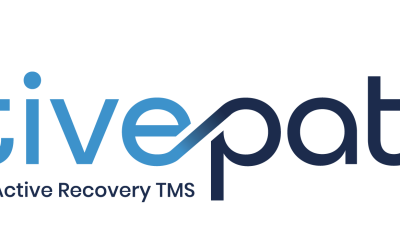Have you considered transcranial magnetic stimulation (TMS) therapy for your treatment-resistant mental health condition? TMS is a treatment method that’s commonly used to treat people with treatment-resistant depression (TRD) and obsessive-compulsive disorder (OCD). Many people confuse TMS with electroconvulsive therapy. In actuality, it’s a much gentler alternative. Electroconvulsive therapy induces seizures and involves painful side effects that require anesthetics.
TMS involves much gentler pulses of magnetic energy being sent to the brain. These pulses target areas of the brain that can benefit from stimulation. The side effects are much milder, and treatment sessions don’t require the use of any anesthesia.
Not only is TMS a gentler treatment for treatment-resistant conditions like clinical depression and OCD, but it is an effective one too. To learn more about how successful TMS therapy can be, keep reading.
What is the success rate for TMS therapy?
So, you want to know how successful TMS therapy can be before proceeding. Fair enough. You may be pleasantly surprised to find out that 79% of our patients show a greater than 25% reduction in depression symptoms. Not only that, but 56% of patients report that their depression symptoms decrease by half, and 33% achieve remission.
Are there factors that can affect the success rate of TMS treatment?
In short, the answer is yes. The success rate of TMS treatment depends on each person, although it’s generally an effective treatment method for many people.
TMS therapy is most successful when used in conjunction with an antidepressant medication and/or psychotherapy. The response to treatment for depression is more significant when TMS and antidepressants are used simultaneously.
How many sessions are necessary for TMS treatment to be successful?
Patients typically undergo a six-week treatment protocol and receive five treatments weekly and then two- to three-week taper period, for 36 sessions total.
In need of successful treatment for your depression or OCD? Let Active Path Mental Health be the one to help
Mental health disorders, like clinical depression and OCD, can make a person feel as if their life is no longer controlled. Many people with mental health disorders report feeling helpless and defeated. Even more so when finding the right treatment becomes a challenge. Treatment-resistant mental health conditions can negatively affect your ability to perform everyday tasks and can lead to poor quality of life. Fortunately, treatment from our Active Path team can help you better manage your symptoms. We have experience providing effective results to people with treatment-resistant conditions, which is why we’re so confident we can help you. Let us help you work toward a brighter future.
Active Path Mental Health is proud to say that patients can receive treatment from locations in both Oregon and Washington. The team members at each one of our locations are dedicated to helping patients recover from their mental health disorders. But don’t just take it from us, take it from our patient reviews.
Contact our team today for more information or to schedule an initial appointment.





